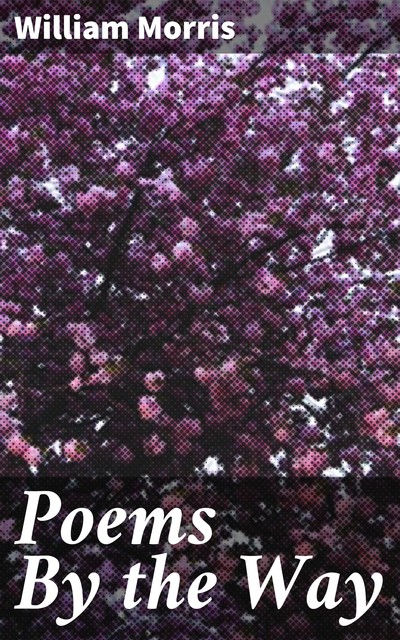We use cookies to improve the Bookmate website experience and our recommendations.
To learn more, please read our Cookie Policy.
To learn more, please read our Cookie Policy.
Accept All Cookies
Cookie Settings

Read in our apps:
iOS
·Android
William Morris
Poems By the Way
Notify me when the book’s added
Impression
Add to shelf
Already read
Report an error in the book
Share
Facebook
Twitter
Copy link
To read this book, upload an EPUB or FB2 file to Bookmate. How do I upload a book?
In “Poems By the Way,” William Morris presents a collection of lyrical verses that reflect his deep appreciation for nature, love, and the ephemeral moments of life. This work, characterized by its rich imagery and rhythmic language, captures the essence of the Pre-Raphaelite movement, intertwining themes of beauty and social critique. Morris'Äôs engagement with medievalism and his nuanced reflections on contemporary issues are particularly evident, as he juxtaposes vivid portrayals of the natural world with a longing for a more harmonious society. The poems encapsulate his fervent belief in the transformative power of art and poetry, delivered through a style that is both accessible and profound. William Morris (1834–1896), a prominent figure in the Arts and Crafts Movement, was not only a poet but also a designer, Marxist thinker, and social activist. His commitment to craftsmanship and beauty in everyday life was rooted in a reaction against the industrialization of his time. “Poems By the Way” arose from his exploration of aesthetic ideals amidst societal challenges, echoing his personal journey towards a more utopian vision of the world. Readers seeking a poignant reflection on life's fleeting beauty will find Morris's work deeply resonant. “Poems By the Way” invites contemplation on the complexity of human experience while also serving as a profound critique of the socio-economic realities of the Victorian era. This collection is essential for those interested in the intersections of art, politics, and poetics.
more
This book is currently unavailable
106 printed pages
- Copyright owner
- Bookwire
- Original publication
- 2019
- Publication year
- 2019
Other versions
Have you already read it? How did you like it?
👍👎
fb2epub
Drag & drop your files
(not more than 5 at once)

